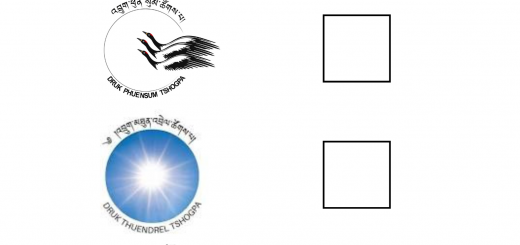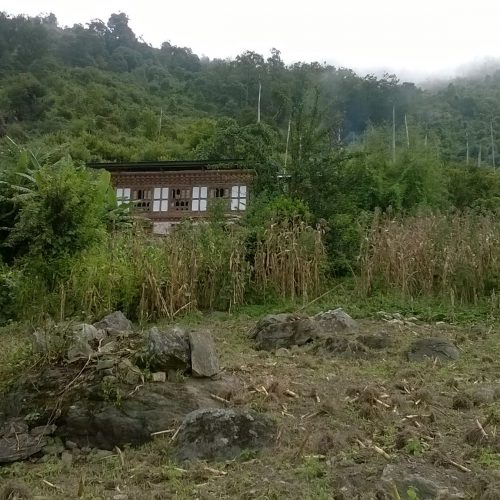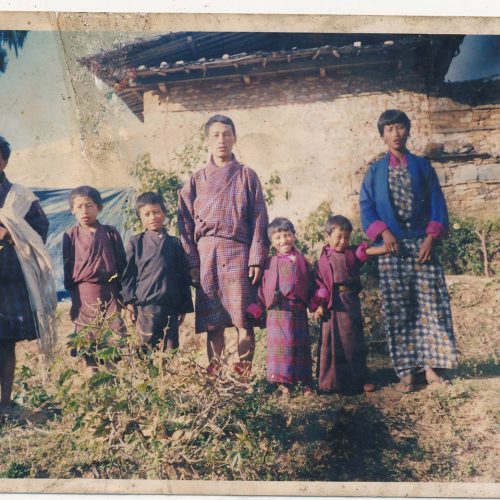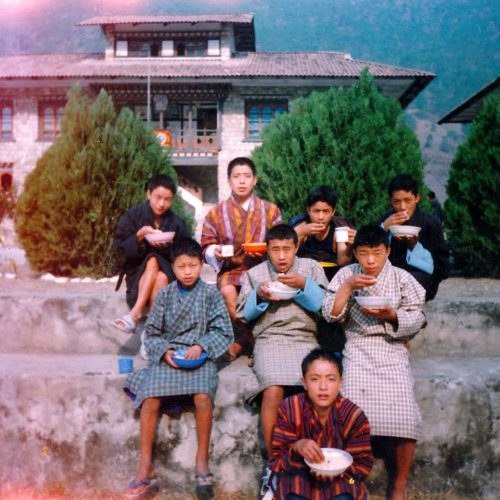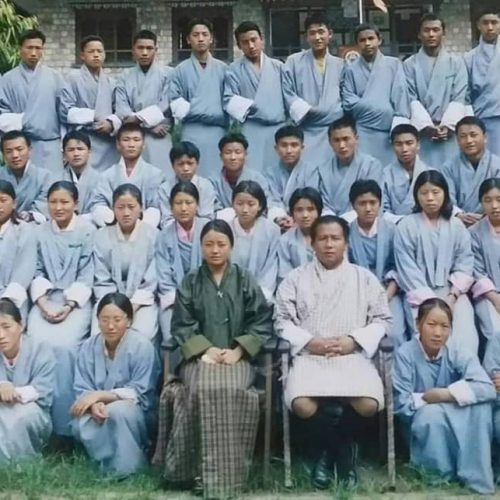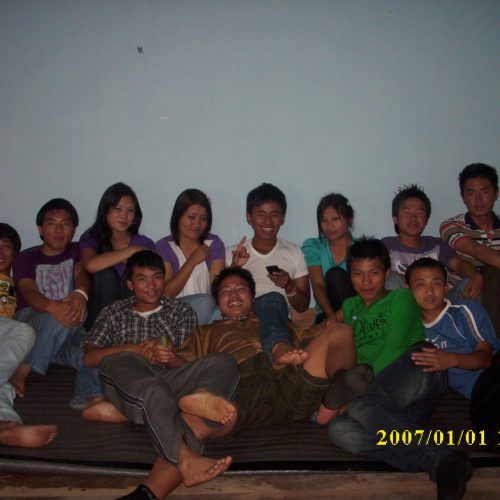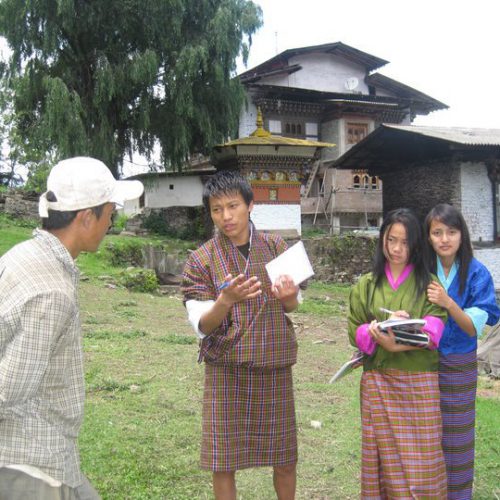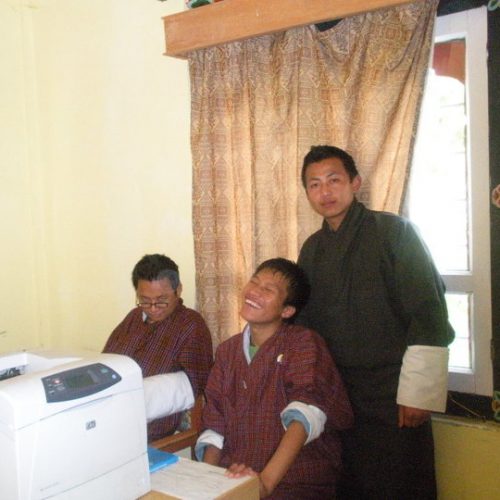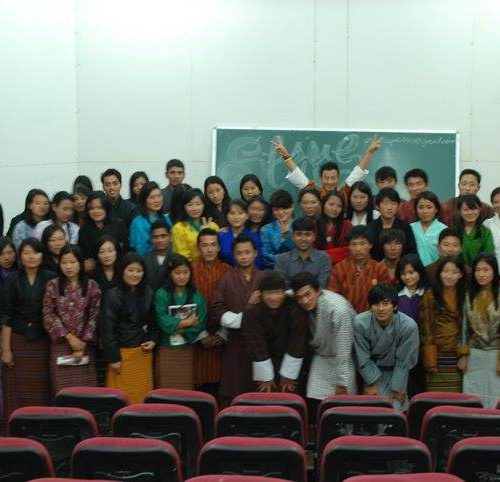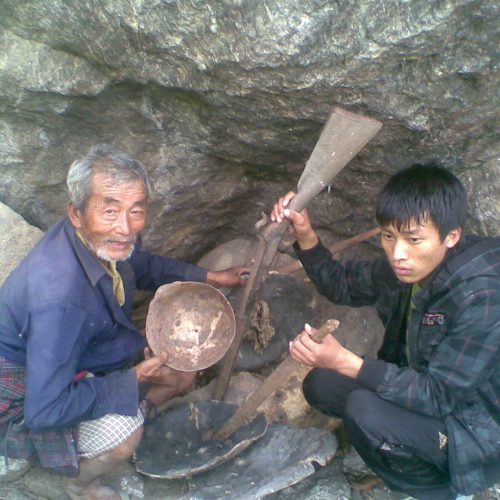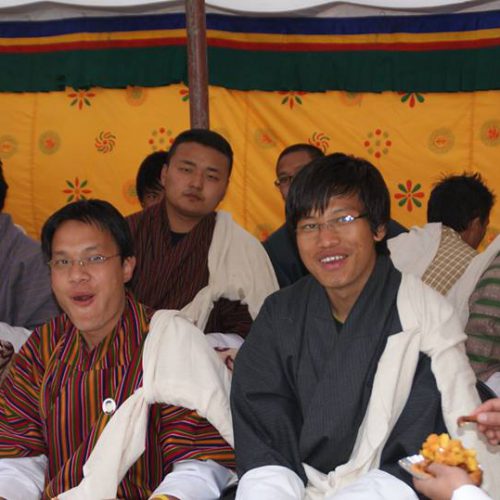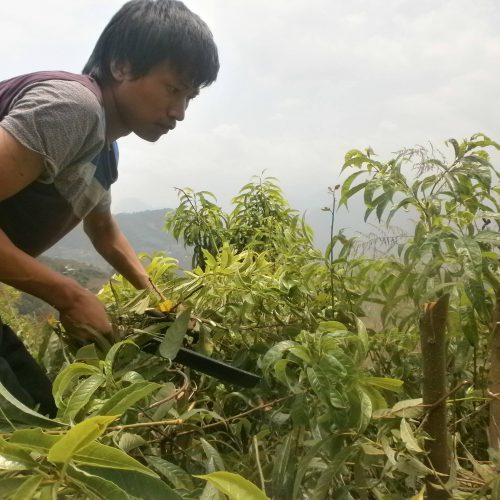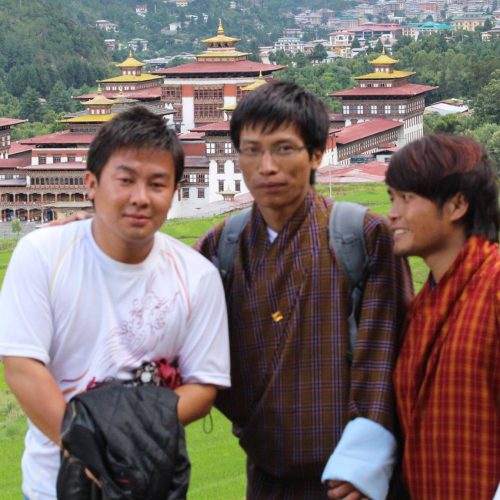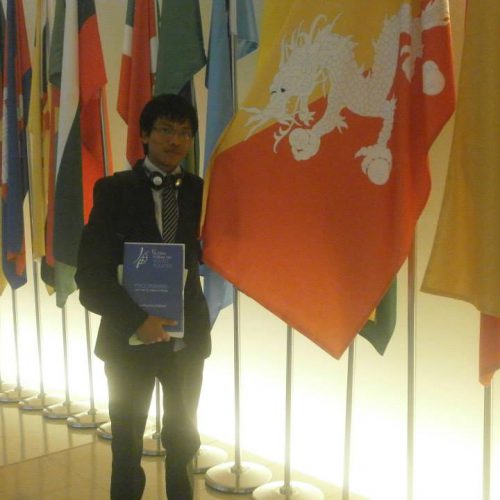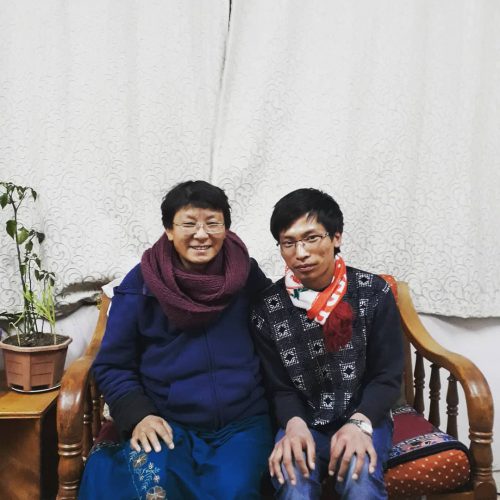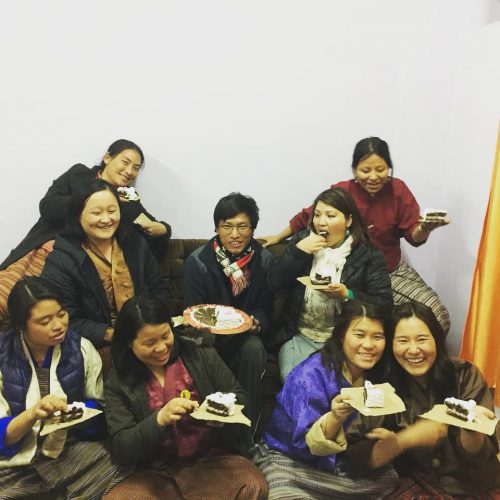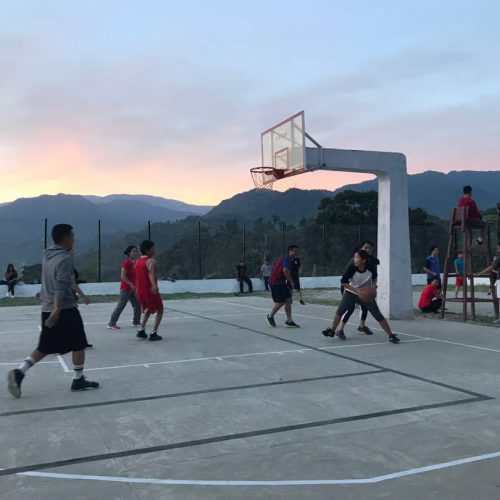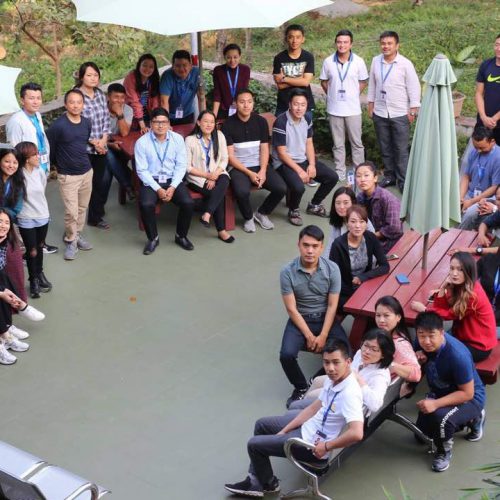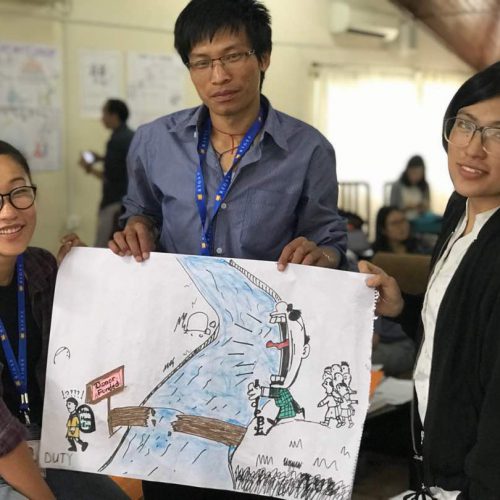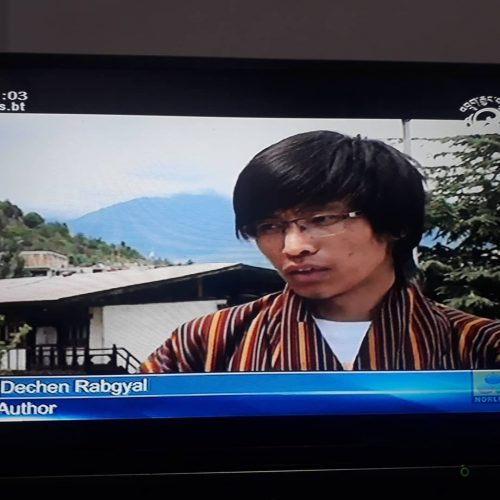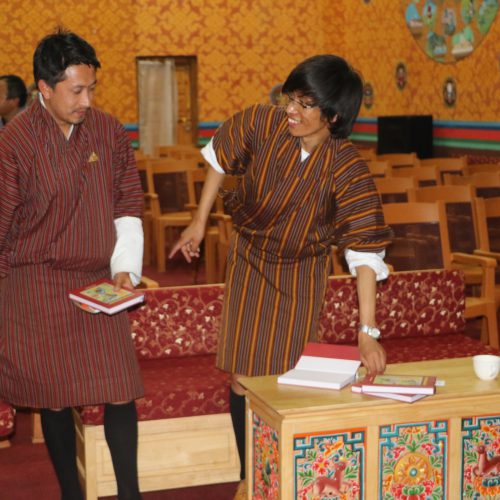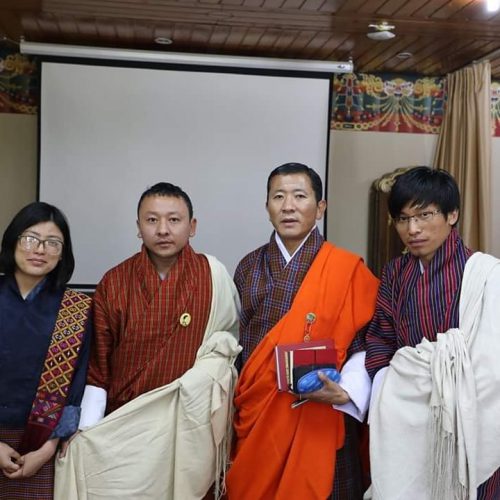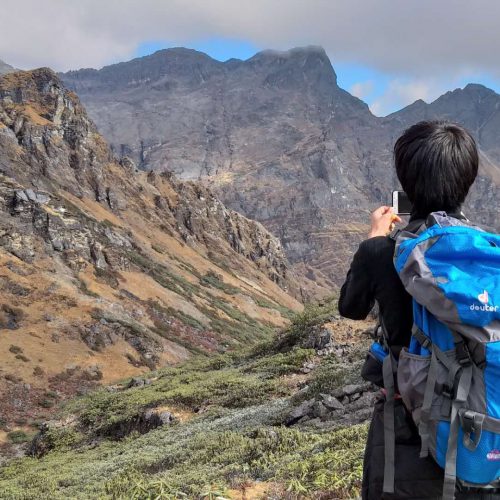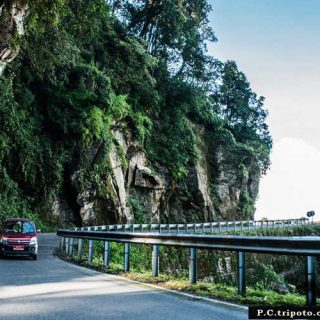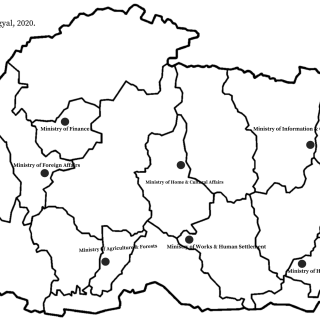Demystifying language, ethnicity and region: Case of Sharchokp and Tshangla
I am a Sharchokp – What does it mean?
Knowing not why I said what I said, knowing not why I wrote what I wrote, I said and wrote, “My mother tongue is Sharchokp.”
After some examination, I now claim, “Geographically from Mongar, ethnically Sharchokp (?), linguistically, my mother tongue (first language) is Tshangla. I have changed my stand because,
Tshangla, known to have named after Lhase Tshangma, belongs to the Tibeto-Burmese also known as Sino-Tibeto/Trans-Himalayan language family. It is spoken by majority of the people of eastern Bhutan. It testifies the influence and popularity enjoyed by Prince Tshangma and his descendants in eastern Bhutan. Thus, Tshangla is one of its living legacies.
Sharchokp has more geographical and historical connotation than linguistic. Historically and politically, Bhutanese statehood was consolidated with the unification of great and vast geographic expanse of Shar phyogs ‘khorlo tshib brgyed under one Drukpa Rule. Its geographic constituents composed of and stretched up to the eastern limit of the Country, thus resonating its name “Shar“. People of these eight provinces speak different languages of Tshangla, Choe-cha Nga cha, Gungdo pai kha, Khengkha, Chalipai kha, Mangdepai kha, Bumthapai Kha and Zalakha among others. Tshangla is predominant at least in five eastern districts of Trashigang, Trashi Yangste, Mongar, Pema Gatshel and Samdrup Jongkhar albeit with some variation in intonation and terminology.
How Sharchokp gained its place in the linguistic world? While assertions are assumptions, it could be the predominant use of Tshangla by the people of the east that the language was termed as Sharchokp. People could have found more convenient to relate with the region than the language itself, thus Sharchokp instead of Tshangla. Greater national interest must have influenced it.
Some inconsistencies arise in the two treating as synonym. Affording language a geographic name would come about by side-lining other regional languages, the linguistic minority. Secondly, no languages is named based on its geographic direction/compass (North, East, West and South) (plain observation). Hence, Sharchokp cannot be used as a term for a language?
Is Sharchokp an ethnic group then? If viewed from bigger zonal arrangements of the country, connecting to the historical and political narrative, it is. Taking into account of every aspect of ethnicity – history, language, dresses, dietary habits and religious practices, then Sharchokp is simply a geographical territory.
Disclaimer: It is a plain opinion thus can be proved otherwise (written on 16 October 2016 at Mongar).



